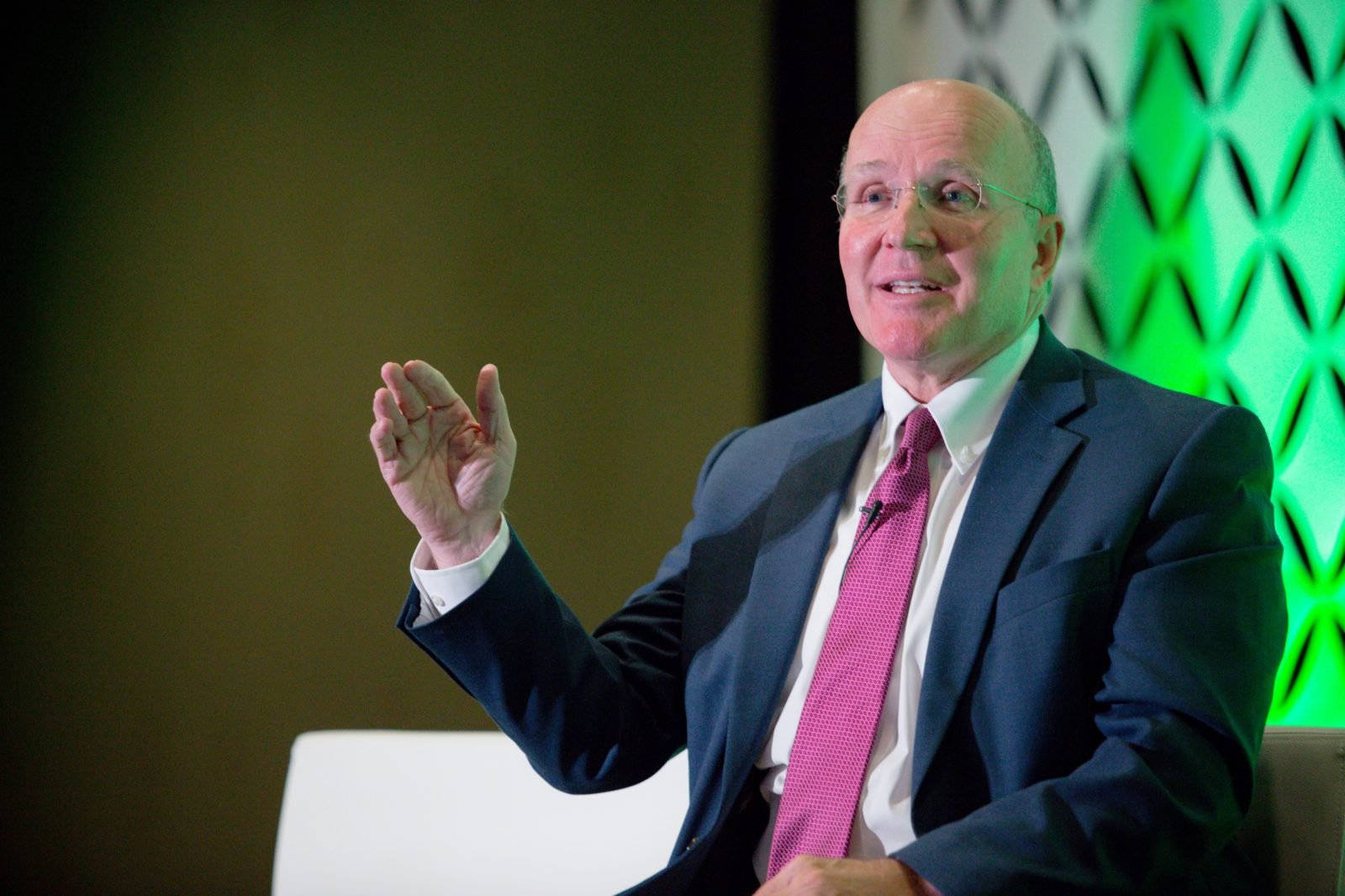Warning and Ed's Note: This show got overly wonky (even for us) and is overly focused on issues related to the Presidential Election in the United States. We will resume our regular commentary next month.
Ed’s Topics
Poverty on the decline
There are fewer people in absolute poverty today the there were in 1820. While this does not mean the problem of poverty can be ignored, it does mean we should celebrate more our human accomplishments over the last two centuries.
Ron added statistics from The Economist, October 8, 2016, How the other tenth lives.
Ballot selfies
The laws against taking a selfie with your voting ballot. No really there are! Article: In these states, taking a selfie with your ballot could get you arrested
Joe Buck’s dumb-ass commentary
The worse part of watching the World Series is having to endure the droning on of Joe Buck. Article: Joe Buck's 15 Lamest On-Air Moments
Here are some samples of things he said thus far during the Series:
"Good swing by Soler, he'd like to have that back."
"If he gets that down, you can't defense it..........uh, there's no defense against that play."
"That will make Tomlin have to swing that bat. And he shows right there he knows how to do that." As Indians pitcher swings way late on the first pitch he sees. He went on to whiff on three pitches.
Ron’s Topics
Gamblers getting old
Casinos customers are aging, and they are having a difficult time attracting the millennial generation, as explained in Putting it all on grey, from The Economist, Oct 8, 2016.
TSOE Guest Rabbi Lapin on self-driving cars
Rabbi Daniel Lapin’s thought-provoking Thought Tools edition, Strike Them Down.
Lapin discusses the ethics of the self-driving car, and how as an orthodox rabbi he would never buy a car that was programmed to make ethical decisions.
In the comments section, he also discusses the morality of governments invading other countries to feed or protect its people, and the Just War doctrine.
Intellectual Idiot
A tirade from Nassim Nicholas Taleb, author of The Black Swan and AntiFragile, entitled The Intellectual Yet Idiot, September 16, 2016.
More on driverless cars
Is Apple teaming up with McLaren, a British maker of sports cars and Formula 1 racing team? Ford announces it will launch a fully autonomous car in 2021, without steering wheel or pedals, for car-sharing schemes.
The Economist, September 24, 2016, Who’s self-driving your car?, and Look, no claims!, for the impact on the auto insurance market.












